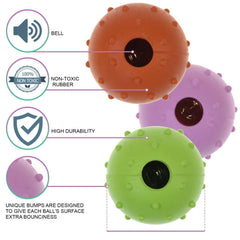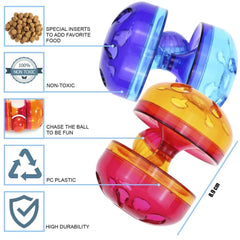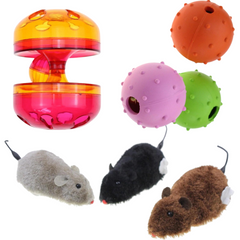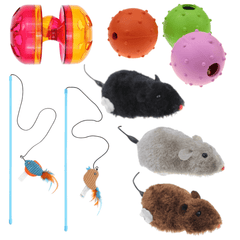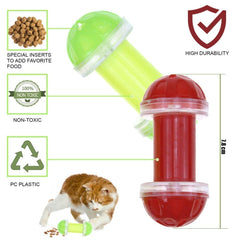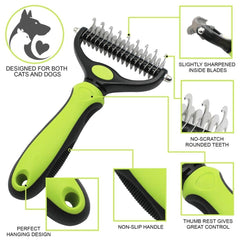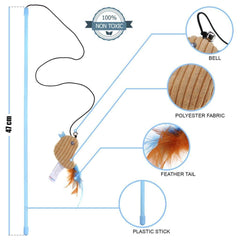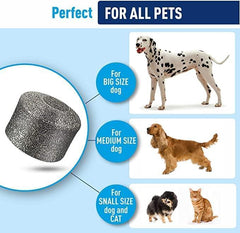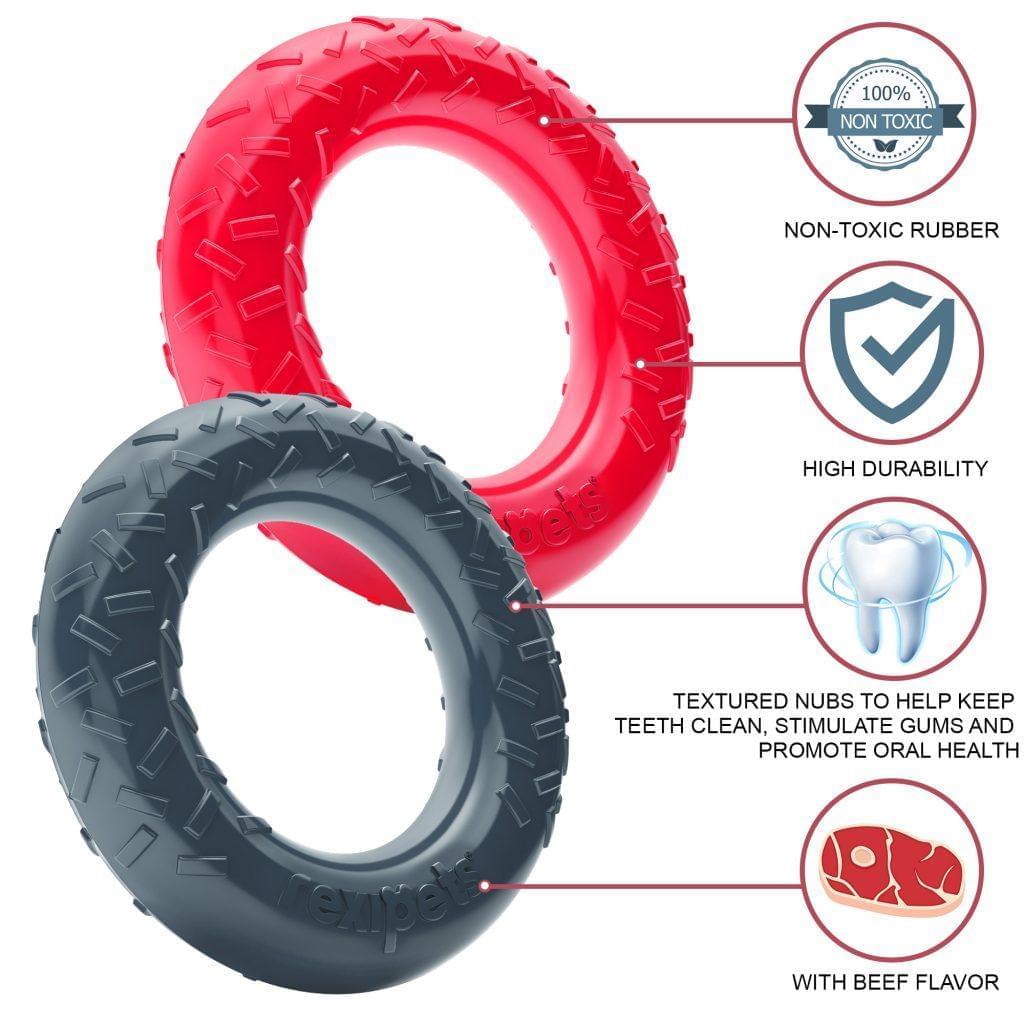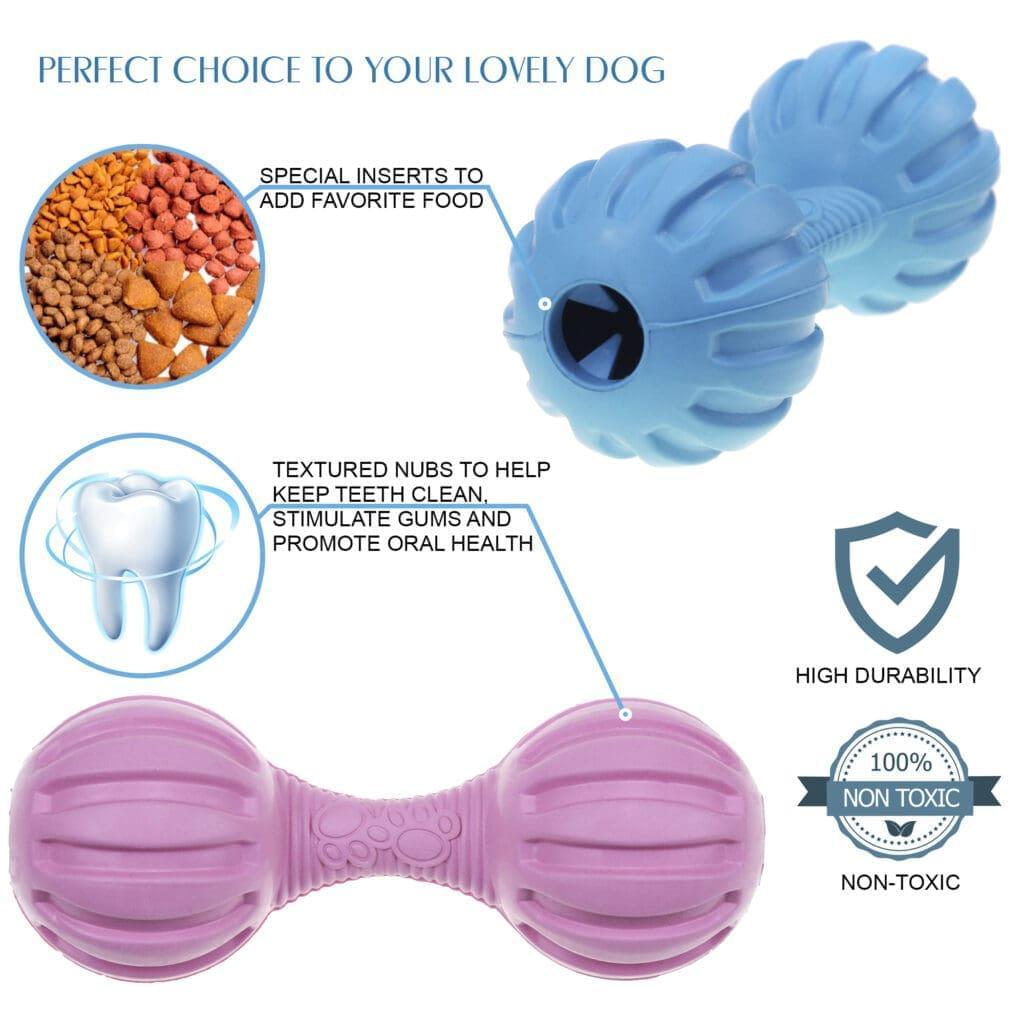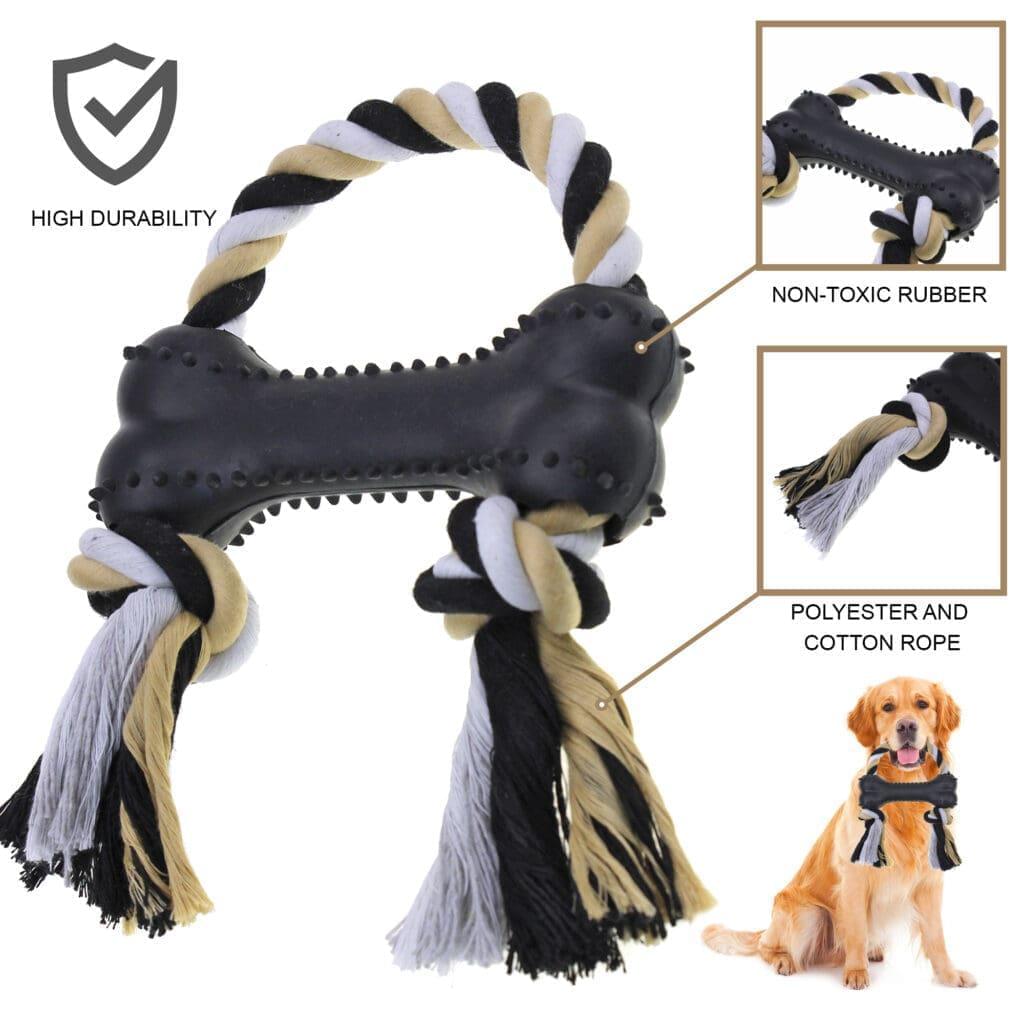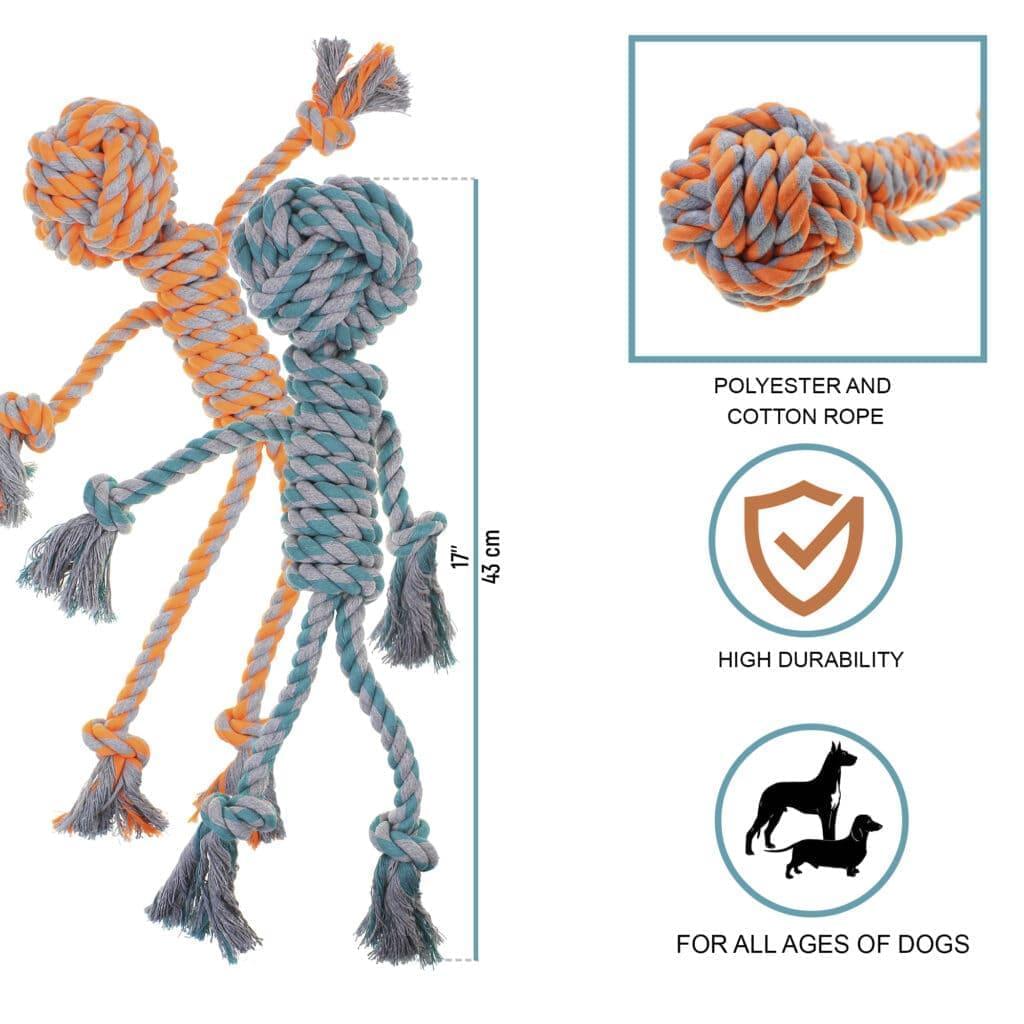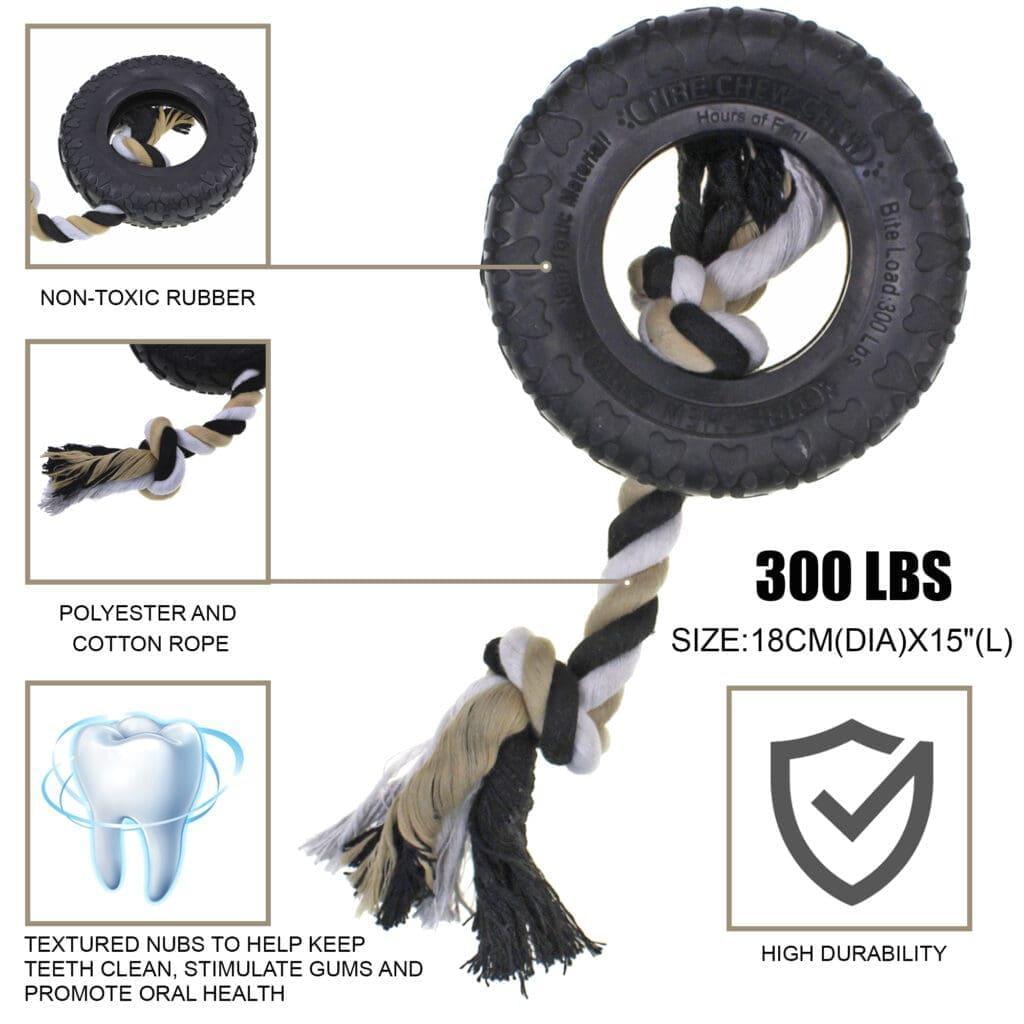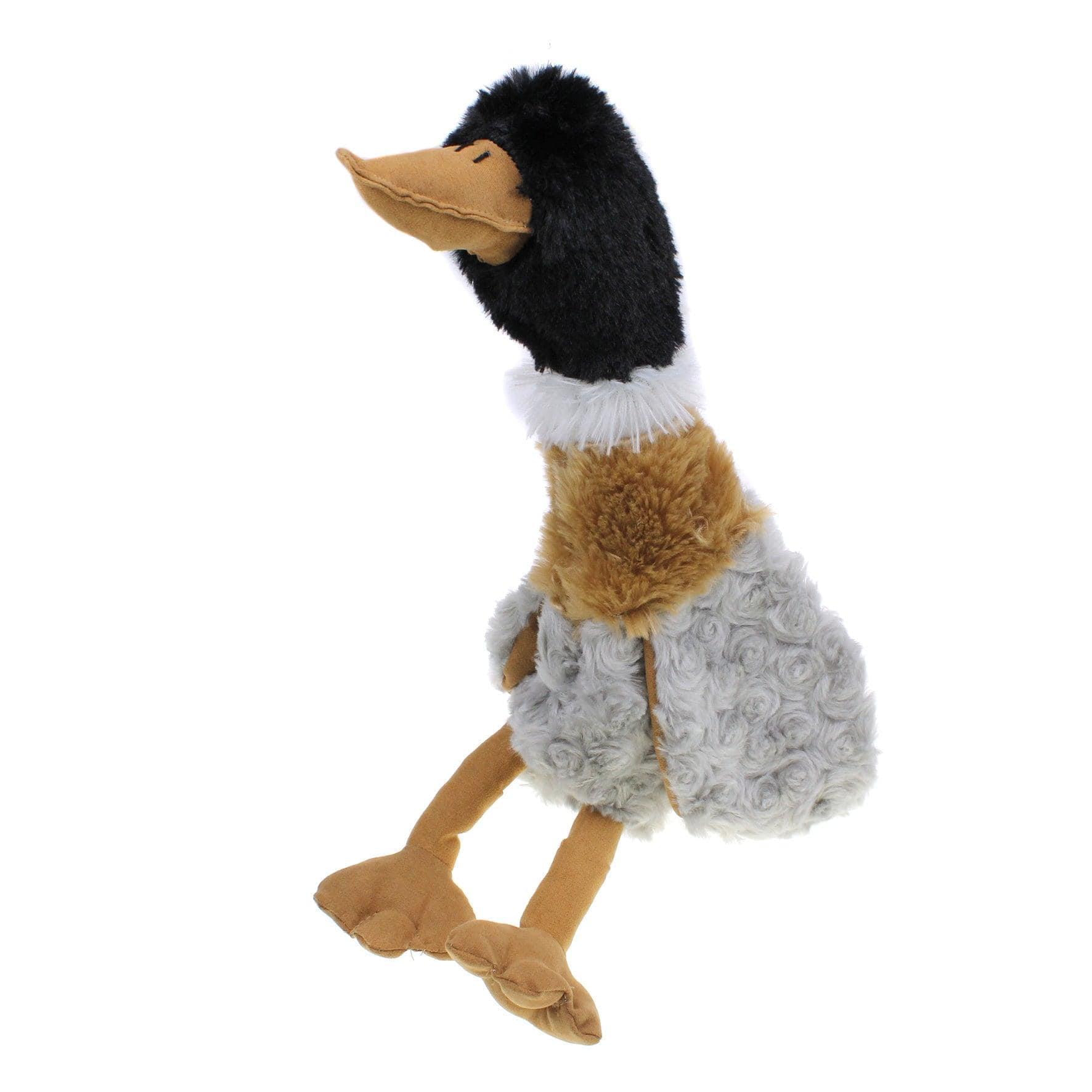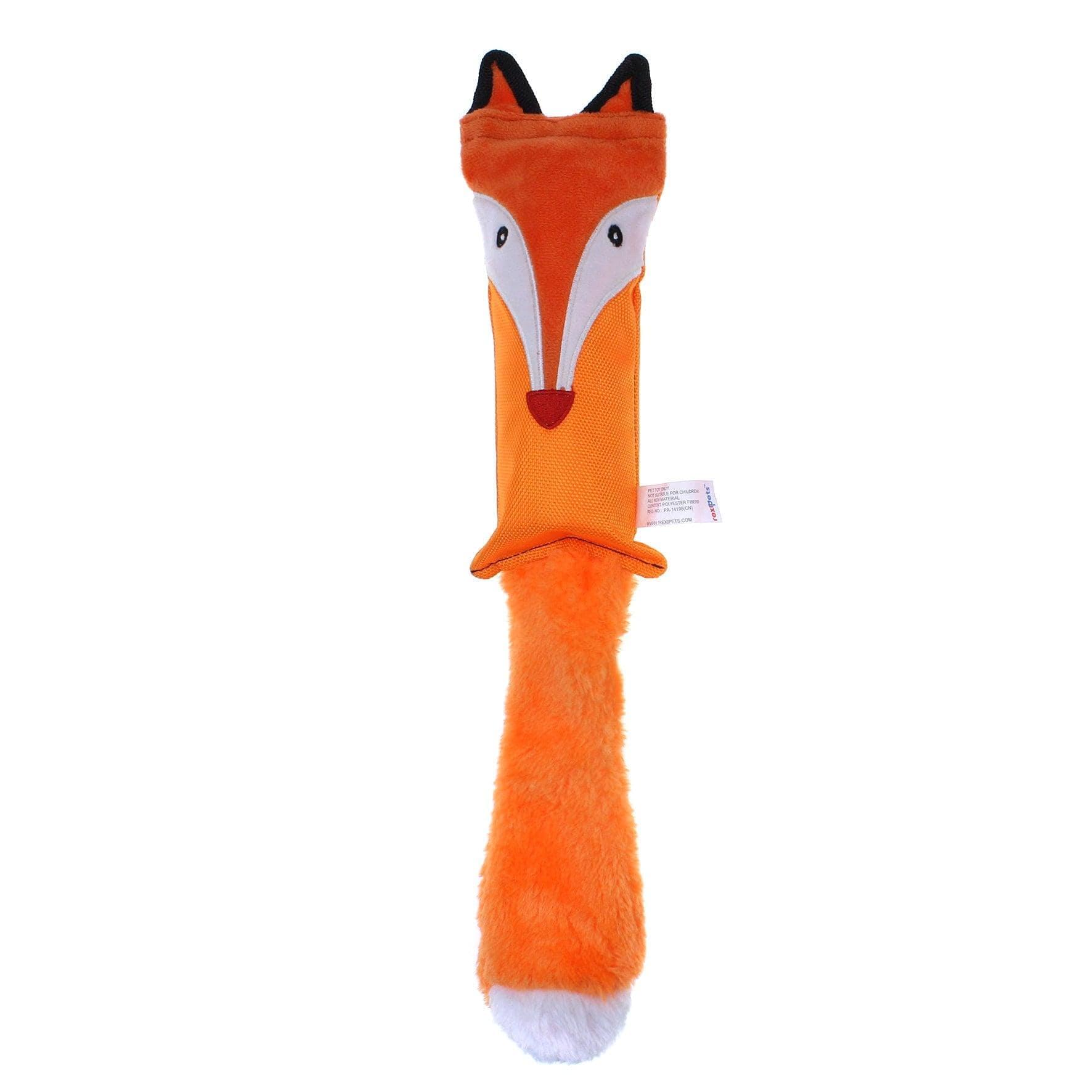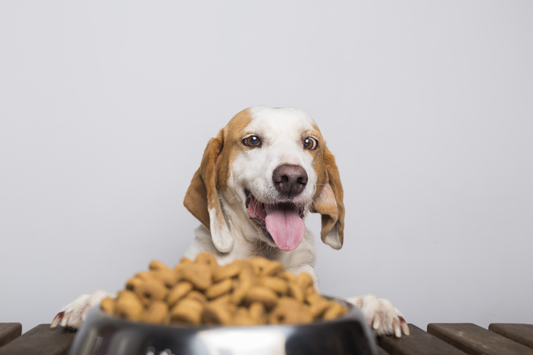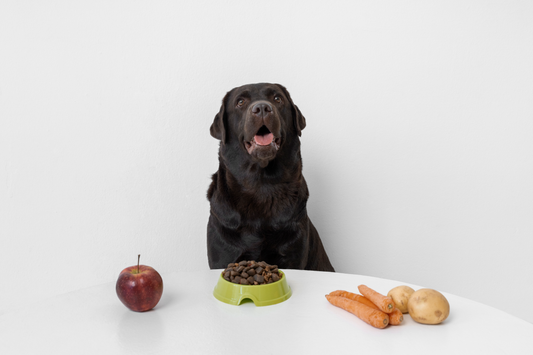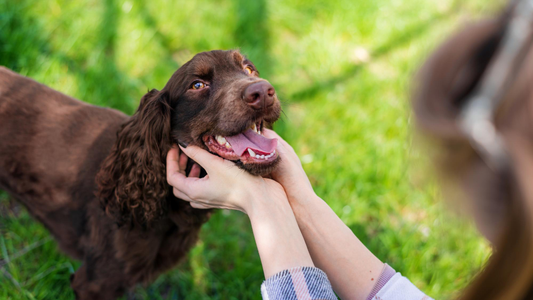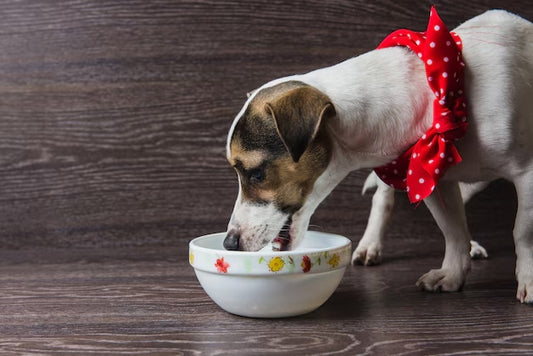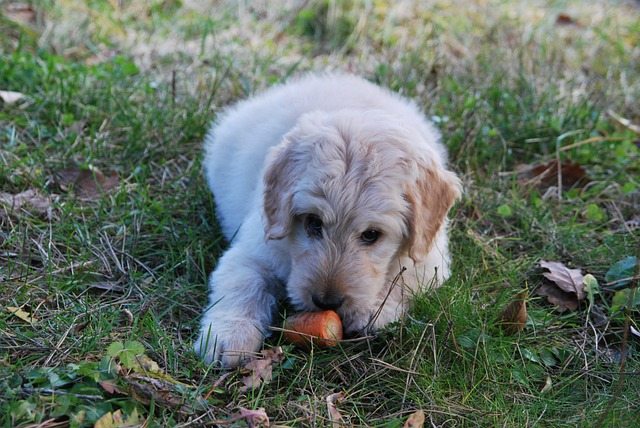
Are you trying to enforce healthy habits in your lifestyle? Do you also have a dog that could also use some healthy treats in their life?
We have just the right thing for you - Frozen Carrots for dogs!
While we know that fresh fruits and vegetables can be a healthy addition to our dogs' diets, have you ever considered feeding them frozen carrots as a yummy treat? Frozen carrots may satisfy your dog's taste buds and provide lots of health benefits to your furry pal.
In this article, we'll explore the advantages of carrots for dogs and why carrots can be a safe and enjoyable snack option.
From providing essential nutrients to improved gut health, we'll uncover why this chilly little treat might become your furry friend's new favorite snack. So, let's dive into the world of carrots and discover how this simple, inexpensive, and convenient treat can contribute to your dog's overall well-being!
Are Carrots Good for Dogs?
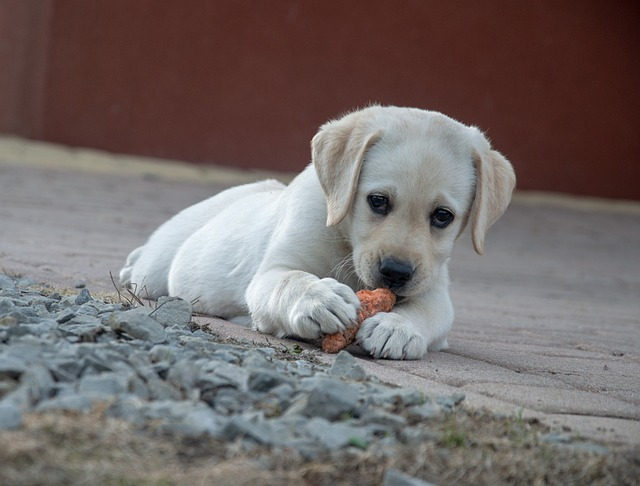
Carrots are safe and healthy dog treats, both for puppies and adult dogs. Just make sure to cut them into small, thin slices. Remember, moderation is key, so don't overdo it.
These crunchy veggies are good for both dogs and humans because they help keep our eyes healthy. Dogs have a natural urge to chew, and carrots are great for satisfying that need.
Another bonus is that carrots are low in calories and won't make your dog gain weight. Plus, they contain essential vitamins and minerals. These are good for your dog's health. So feel free to feed your dog carrots as a healthy treat.
Some of those essential nutrients are:
-
Vitamin A
This keeps their eyes and immune system strong. The Vitamin A and antioxidants in them can make their skin and coat look better.
-
Vitamin K
Vitamin K helps with blood clotting along with bone health.
-
Potassium
Essential for proper muscle function.
-
Vitamin B6
Helps with energy metabolism.
-
Beta-carotene
A type of Vitamin A that's good for the skin and coat.
-
Calcium
Essential for strong bones and teeth and keeps them from being brittle and weak.
-
Iron
Helps with blood health.
-
Fiber
Helps with digestion and helps with bowel movement. The fiber in carrots is perfect for regulating your dog's bathroom habits.
So giving your dog sliced carrots as a healthy treat is a smart choice. They promote eye health, satisfy their chewing instincts, and provide a bunch of essential nutrients. Just remember not to overdo it.
Frozen Carrots For Teething Puppies

Frozen carrots can be a wonderful solution for your teething puppy's discomfort. As puppies go through the teething phase, their mouths become sore and itchy, thus, leading them to chew on objects to alleviate the discomfort and aid in the eruption of their new teeth.
As mentioned earlier, frozen carrots provide a cool and soothing sensation that can be incredibly soothing for irritated gums. When nothing else seems to pacify their chewing urges, offer them a cold or frozen carrots or carrot treat.
It will help ease their discomfort and provide a healthy and safe option for them to chew on. Frozen carrots also serve as edible chew toys for puppies.
5 Ways to Feed Your Dog Carrots
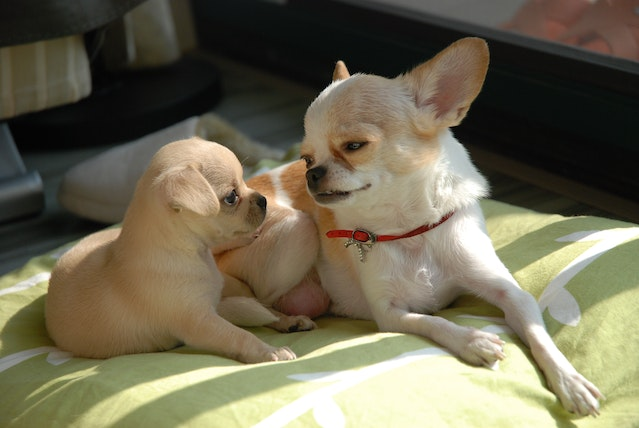
Now that you know the health benefits of carrots, let's look at how you can feed your dog.
1) Frozen carrot treats
Giving frozen carrots to your dog is an easy and healthy way to provide them with a refreshing treat. Begin by thoroughly washing the carrots to remove any dirt or contaminants.
Next, slice the carrots into small, bite-sized pieces to ensure safe consumption and prevent choking hazards. Lay the carrot slices on a baking sheet or plate, ensuring they don't touch each other. And place them in the freezer until they are solid.
Once frozen, transfer the carrot slices to a sealable plastic bag or container for convenient storage. Remember that moderation is essential; while frozen carrots offer numerous health benefits, they should be given as an occasional treat, not a substitute for regular meals.
When offering frozen carrots to your dog, it's essential to supervise them during consumption, especially during their first encounter with this chilly treat. Observe their eating habits and ensure they chew the frozen carrots properly.
2) Blended frozen carrot treats
Frozen apples and carrots blended treat is easy to make. This is a frozen delight that is a favorite among dogs, providing them with a refreshing snack during hot days or as a tasty reward anytime.
The recipe combines the goodness of carrots and apples, both rich in essential vitamins, antioxidants, and fiber that promote your dog's overall well-being. Simply cut carrots and apples into chunks, blend them with water until soupy, and pour the mixture into silicone molds, freezing them until solid.
Once frozen, these carrot and apple cubes are ready to be served to your canine friend. They will relish the taste and benefit from the various health advantages these treats offer, including improved digestion and better dental health.
3) Fresh carrots
To treat your dog to a healthy and enjoyable snack, slice raw carrots into small pieces and offer them as treats. Alternatively, you can mix these carrot slices into your dog's regular food bowl for added nutrition and crunch.
The satisfying crunch of carrots also satisfies their natural urge to chew.
4) Cook the carrots
Steamed carrots are a good option. When you cook carrots, it makes them easier to chew and digest, making them even more appealing to your furry friend. Cooked carrots are also suitable for puppies and old dogs with vulnerable tummies.
5) Stuff it in their toys
After cooking the carrots, blend them to a smooth consistency, let the mixture cool, and then stuff it into dog toys. This fun and interactive treat will keep your pup engaged and entertained as they work to lick and retrieve the tasty carrot blend from the toy.
Your dogs will love the delicious flavor. Plus, this is an affordable and nutritious snack that will also keep them busy while providing them with all the necessary nutrition.
Final Words!

Frozen carrots are a fantastic and nutritious treat option for your beloved furry friend. Dogs eat carrots happily. These simple yet delicious treats offer numerous health benefits, including improved digestion, better dental health, and support for their eyes and coat.
Whether served as small slices, blended into frozen cubes, or stuffed into interactive toys, frozen carrots provide a refreshing and enjoyable experience for dogs, especially during hot days.
Moreover, being safe and easy to make, they make for a convenient addition to their diet. Remember to offer frozen carrots in moderation and monitor for any adverse reactions.

FAQs
Can dogs eat raw carrots?
Dogs can safely consume raw carrots, but taking some precautions is essential. Wash the carrots thoroughly and cut them into small, manageable slices.
Feeding your dog a whole large carrot can pose risks such as choking or potentially causing an intestinal blockage. To avoid any problems, always provide bite-size pieces of carrots as a treat. This way, your furry companion can enjoy the health benefits without danger.
Can dogs eat carrot cake?
Carrot cake is not suitable for dogs at all. The increased sugar content can lead to stomach issues, and some ingredients like xylitol or nutmeg can be toxic to them. It's best to avoid giving your dog carrot cake or any human desserts to ensure their safety and well-being. Stick to dog-friendly treats and foods specially formulated for their dietary needs.
Can carrots ever be bad for dogs?
Carrots are generally safe for healthy dogs but have a high sugar content, making them unsuitable for dogs with diabetes or obesity. Additionally, large frozen carrots can pose a choking or blockage risk. You can stick to baby carrots instead.
It's essential to be cautious when introducing new foods, as dogs may have sensitivities that manifest as vomiting or diarrhea. As with any treat, feed carrots in moderation. Also, observing your dog's response is crucial to ensure their well-being and avoid potential issues.
